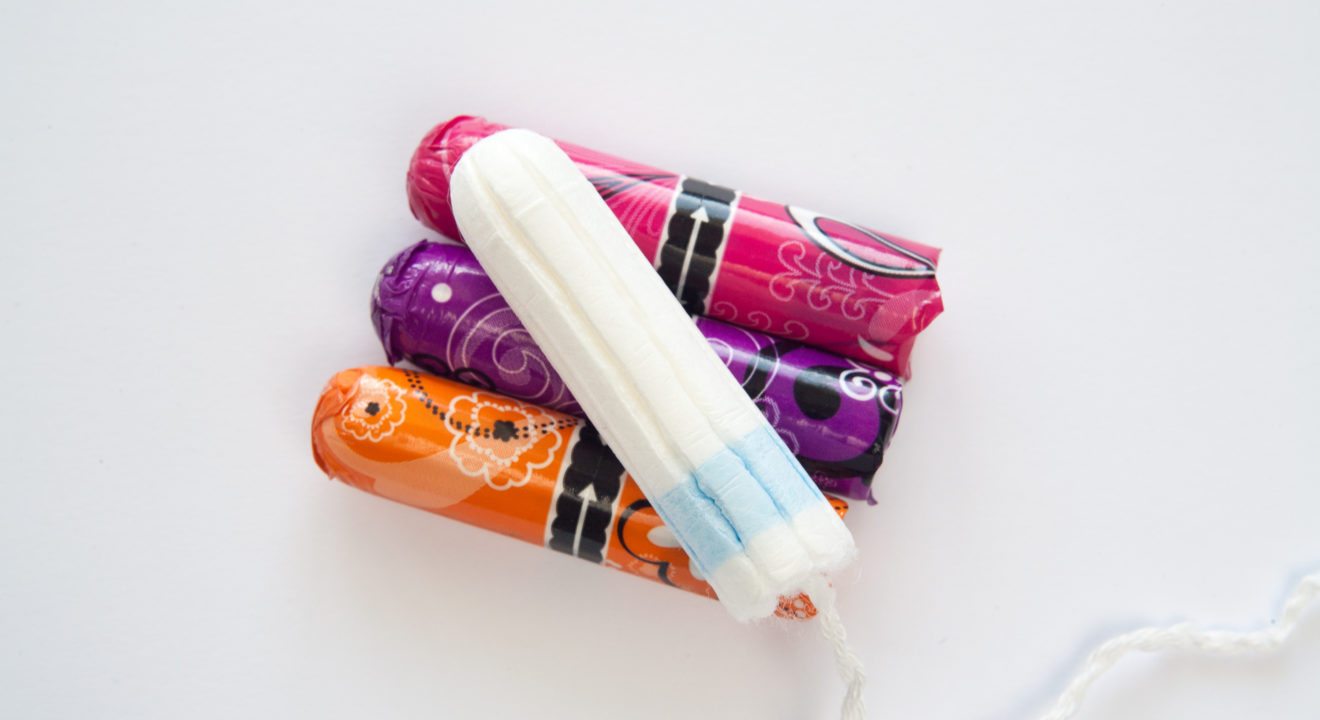February 13, 2017


Thirty-nine states currently tax women for menstrual products such as pads and tampons under regular state tax laws. Although the tampon tax represents just several cents per box, it adds up to an estimated $20 per year (or $800 across the 40 years the average woman will spend menstruating).
The weight of this burden increases when you consider that women are already economically disadvantaged, earning just 78 cents of every dollar a man makes, while women of color make even less. Plus, Cosmopolitan reports it’s more expensive to be a woman overall. So when you calculate the holistic impact on low-income households with more than one menstruating woman, such as a single mother and her daughter, it’s easy to see how quickly the cost becomes significant.
More than the cost, however, the so-called “tampon tax” represents an unfair burden that disproportionately impacts one gender. Women require pads, tampons or alternative period management products (like Diva cups or Thinx underwear) in order to maintain productivity at work or school in a society that would otherwise shame them for bleeding. Comparisons to taxes on products marketed to males, such as condoms or Viagra, simply do not hold up.
Sex is a choice. Menstruation just happens. Women should not be penalized by the government for a function of their healthy bodies. Even President Obama conceded that he suspects “men were making the laws when those taxes were passed … [and] women should not be at a disadvantage in the health care system.”
While tampon tax exemptions may be a relatively minor reform in the grand scheme of feminist issues, it serves as “an important sort of wedge and opens up a whole range of possibilities to reform all the kinds of ways that menstruation impacts our lives,” says Chris Bobel, associate professor of women’s and gender studies at the University of Massachusetts, Boston. She believes putting the issue in terms of monetary cents through the “tampon tax” helps grab people’s attention. It also provides a concrete way to challenge stigmas related to menstruation in a society where men often express discomfort or embarrassment in discussing it.
For example, after California Assemblywoman Cristina Garcia introduced legislation designed to lift the tax in her state, she told The Washington Post that several male colleagues approached her to express support, saying they had been waiting for a woman to champion the issue. These men were apparently not comfortable enough speaking publicly on the topic of menstruation to put forth a tax reform bill for an issue that has since received wide bi-partisan support.
Why shouldn’t a man feel comfortable allying on the side of women to support fair, unobstructed access to feminine hygiene products? Although it’s crucial that female voices receive proper representation in politics, this particular situation calls for tax reform, not a radical change in the regulation of women’s bodies – yet it has the power to positively impact female health nationwide. The case for gender discrimination is straightforward and the potential for a positive change is immense, regardless if the bill is brought forth by a man or a woman.
New York Magazine explains that “unlike attacking the pay gap or trying to make an economic argument for expanding reproductive rights, ending the tax is a fairly straightforward answer to one form of gender inequality. End the tax; put more money in women’s pockets. It’s a health issue masquerading as a tax matter, meaning it’s easy to keep it distant from polarizing issues like abortion rights.”
By frankly discussing the impact of tampon taxes in state legislatures, representatives are helping to destigmatize periods and draw attention to women’s health issues long ignored by predominately male lawmakers. While the tax issue is fairly straightforward, it paves the way for more progressive legislation, such as a providing free tampons or sanitary pads in public facilities like schools, jails and homeless shelters.
It’s time to recognize feminine sanitary devices like pads and tampons as medical necessities, treated with the same widespread availability and hygienic importance as toilet paper. In fact, two states that do not tax tampons, Pennsylvania and New Jersey, specifically exempt toilet paper as well. With New York being the latest to lift the tampon tax, a whopping thirty-nine more states still need to take action before all American women can purchase pads or tampons without paying a fee to the government.